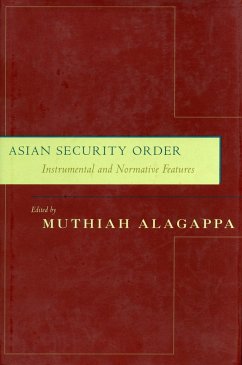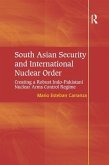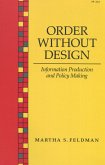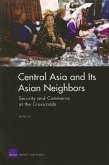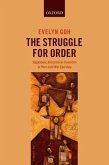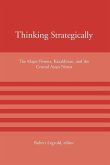More than a decade has passed since the end of the Cold War, but Asia still faces serious security challenges. These include the current security environment in the Korean peninsula, across the Taiwan Strait, and over Kashmir, the danger of nuclear and missile proliferation, and the concern with the rising power of China and with American dominance. Indeed, some experts see Asia as a dangerous and unstable place. Alagappa disagrees, maintaining that Asia is a far more stable, predictable, and prosperous region than it was in the postindependence period. This volume also takes account of the changed security environment in Asia since September 11, 2001. >
Hinweis: Dieser Artikel kann nur an eine deutsche Lieferadresse ausgeliefert werden.
Hinweis: Dieser Artikel kann nur an eine deutsche Lieferadresse ausgeliefert werden.

